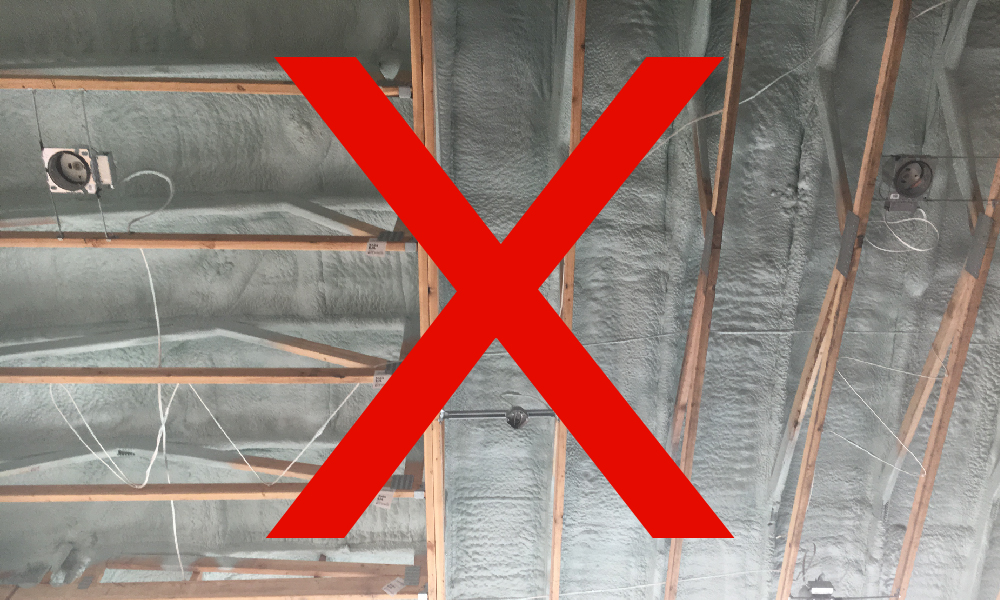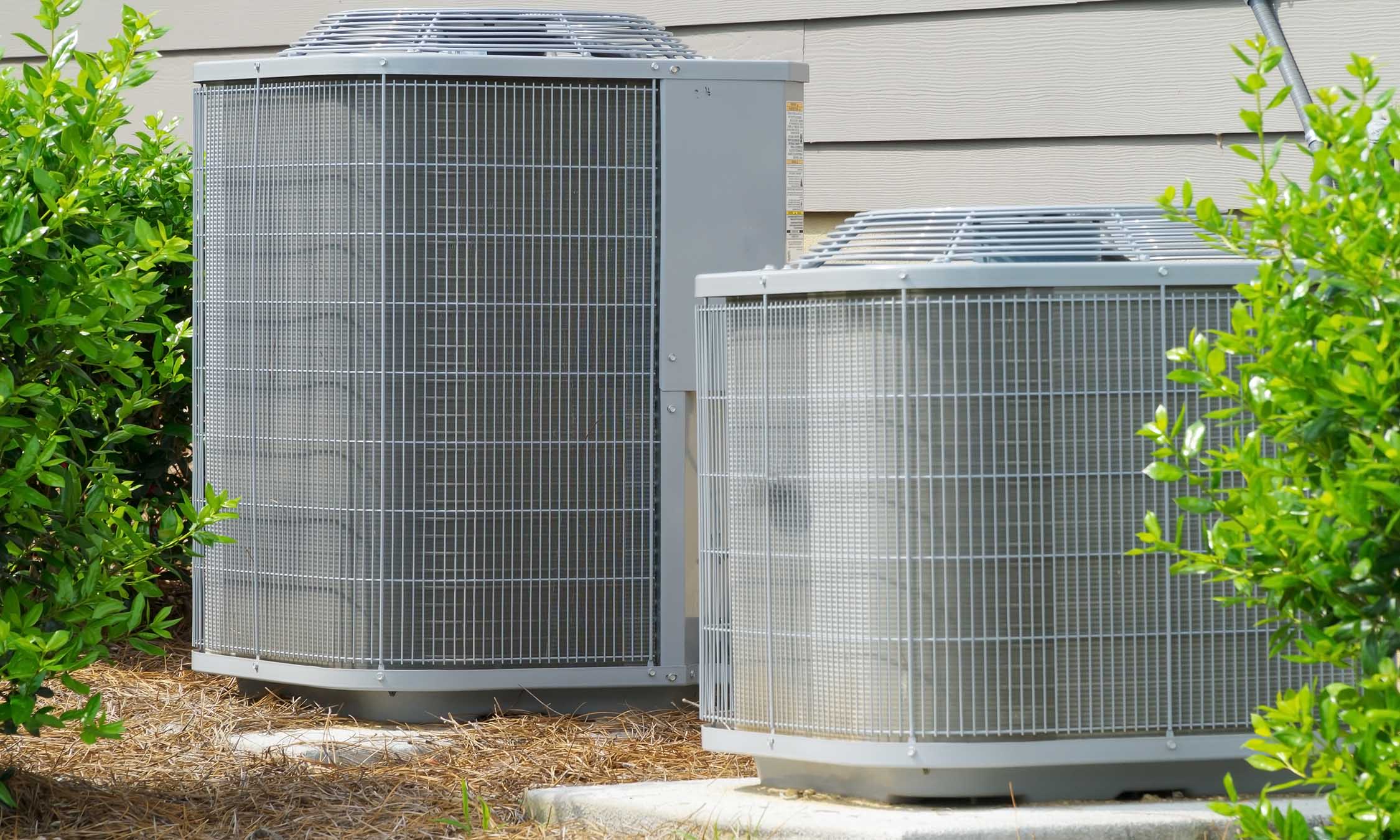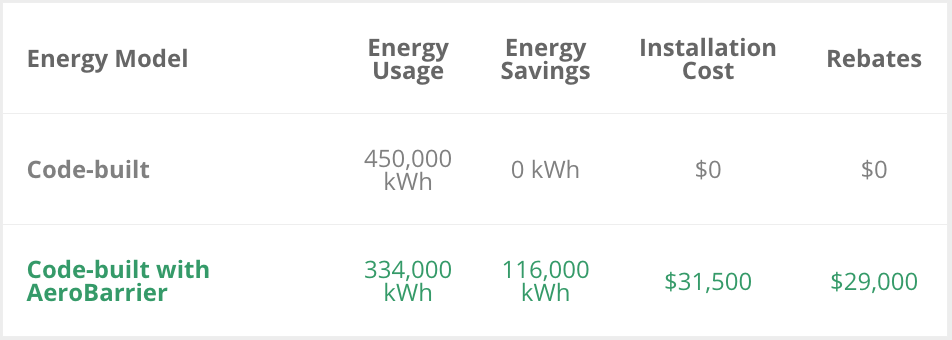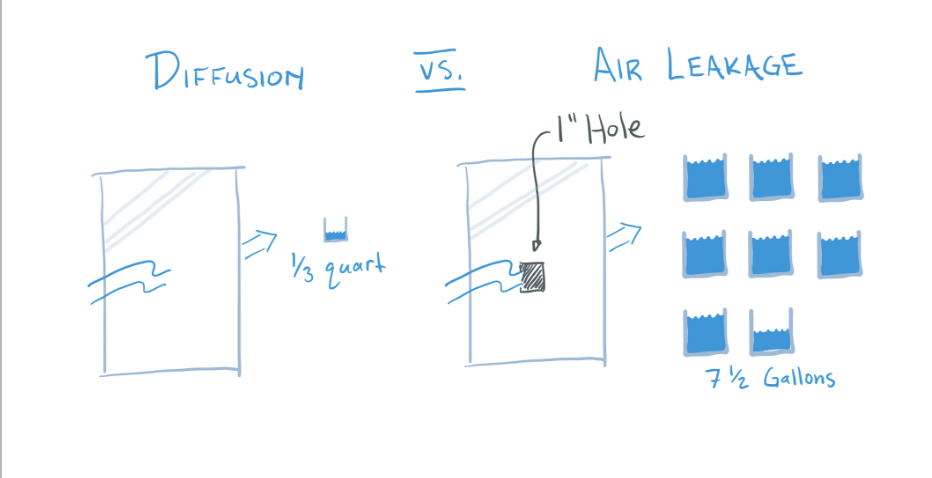WHY AIR BARRIERS MATTER
To understand air barrier benefits, it helps to understand what an air barrier is.
An air barrier is a system for controlling the air flow between conditioned and unconditioned spaces.
This air barrier system is the primary air enclosure boundary that separates indoor (conditioned) air from outdoor (unconditioned) air.
In a multi-unit building (office, townhouse or apartment) the air barrier system also mitigates the air and noise sharing between adjacent units.

Keeps conditioned air in conditioned spaces

Prevents air leaks through cracks

Stops interior moist air from entering wall cavities
BENEFITS OF AN AIR BARRIER

COST SAVINGS
Reduce both the initial cost and the ongoing utilities of the HVAC system

DURABILITY
Protect the structural integrity of the building by preventing air & moisture transfer

COMFORT
Achieve a more consistent temperature throughout the house or unit
AIR TIGHT WITHOUT SPRAY FOAM

› No need to rely on spray foam as an interior air barrier
› Achieve air tightness in hours rather than days/weeks
SHRINK YOUR HVAC SYSTEMS
› Tighter buildings have smaller HVAC systems › Reduced wear & tear because of the reduced HVAC load › Avoid over-sizing your mechanical systems


Code-built + AeroBarrier = High Performance Without a High Price
CARBON SAVINGS
EVERY YEAR, 71 TONS OF AIR-BOURNE CARBON ARE SAVED,
THE EQUIVALENT OF 18 FORD F-150 TRUCKS
BUILDING DURABILITY
Plugging air leaks is about more than just escaping air–it also means escaping moisture.
Air barriers prevent the interior, moisture-laden air from entering the wall cavity where it can damage materials and promote mold growth.
AIR LEAKAGE ALLOWS 100X MORE MOISTURE TRANSFER

Moisture Problems Related to Air Leakage
As moisture-laden air leaks out of your building, it often deposits moisture in the wall cavity, causing all sorts of unseen problems. From mold growth to wall failure, the effects of moisture deposits over time are devastating.



